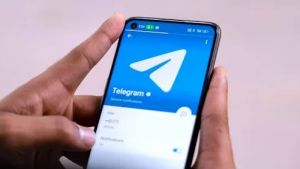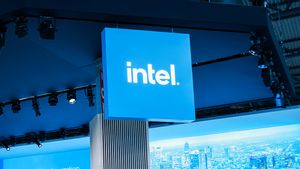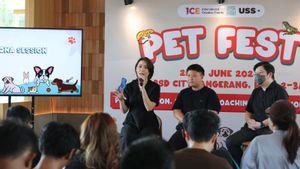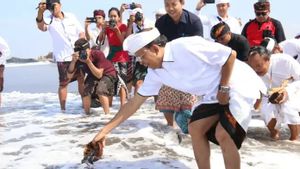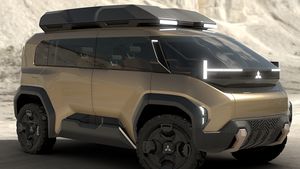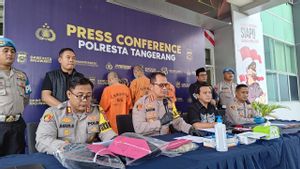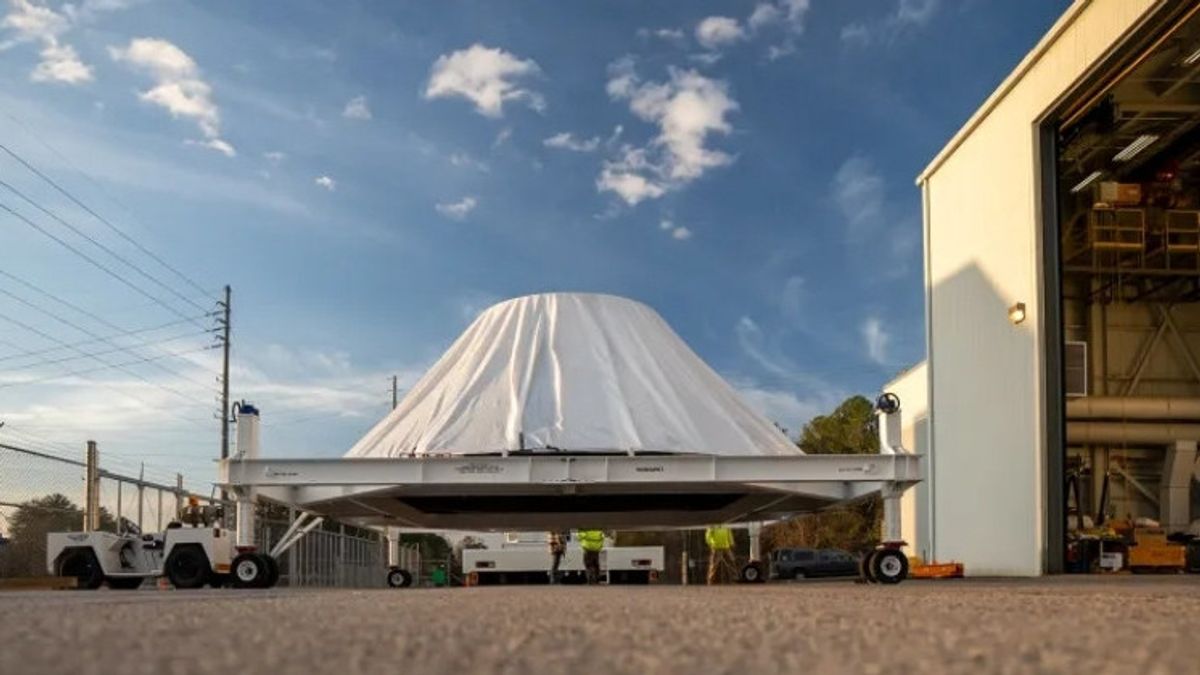
JAKARTA Artemis IV, an exploration mission to the Moon deployed by NASA, is targeted to launch in 2028. Although the Artemis II mission has yet to run yet, NASA has developed a rocket for the Artemis IV mission.NASA has built a payload adapter for the Space Launch System (SLS) rocket. Currently, NASA is preparing a testing process and its test results will be used as a design reference as well as flight hardware manufacturing. The payload adapter, which consists of two metal rings and eight composite panels, will be part of the 1B Block SLS configuration. This payload adapter will be placed into a universal stage adapter, the interior stage of the rocket is quite powerful.NASA said that the fabrication and installation of this payload adapter played an important role in the success of the Artemis IV mission. This is because the evolution of this Orion stage adapter is a link between rockets and the spacecraft that will be pushed. This payload adaptor to the SLS rocket will be structurally tested at NASA's Marshall Space Flight Center. According to Casey Wolfe, Assistant to the Advanced Manufacturing Branch in Marshall, this facility was selected due to considerable scale support.
관련 항목:
"The Marshall automatic fiber placement and large-scale integration facilities give our team the ability to build composite hardware elements for several Artemis missions in parallel, thus allowing cost savings and schedules," Wolfe said. The first test will begin in the spring of this year. The test team will use hardware replicas to examine the strength and structural robustness of the SLS rocket charge adapter. The test team will rotate, shake, and provide extreme pressure to see its resilience. This needs to be done to see if charge adapters are able to support rockets in the harsh space environment.
The English, Chinese, Japanese, Arabic, and French versions are automatically generated by the AI. So there may still be inaccuracies in translating, please always see Indonesian as our main language. (system supported by DigitalSiber.id)




